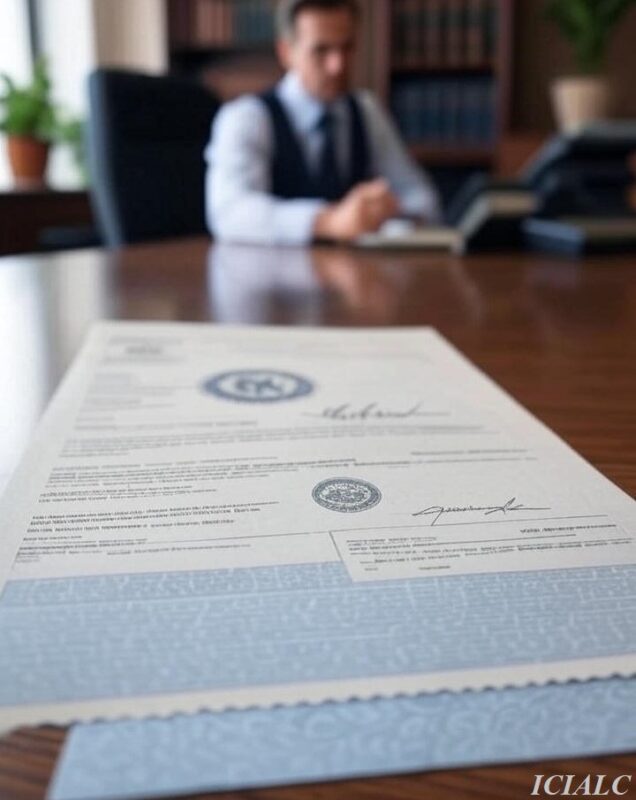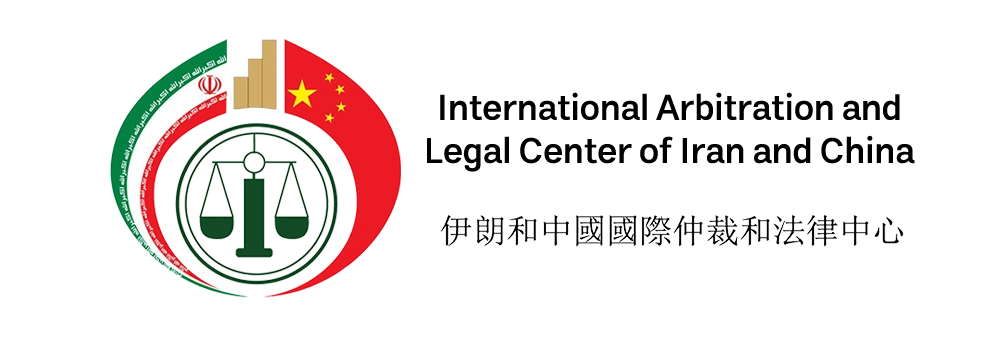With the expansion of economic and trade relations between Iran and China in recent decades, numerous contracts have been concluded across various sectors such as energy, transportation, technology, construction, and import-export between governmental and private entities of both countries. In such relationships, one of the critical pillars of any contract is the clear anticipation of the enforcement mechanisms of obligations; in other words, both parties must understand in advance what consequences await if one fails to fulfill their commitments.
Given the differences between Iran’s legal system (based on Shiite jurisprudence and civil law) and China’s (a mix of socialist legal principles and commercial custom), understanding the valid enforcement tools in each country is crucial for both parties. This article comprehensively and analytically examines the main types of enforcement mechanisms in Iran-China contracts and how to effectively incorporate them in contractual texts.
Importance of Enforcement Mechanisms in Iran-China Contractual Relations

Enforcement mechanisms are the lifeblood of contractual commitments. Simply drafting obligations without devising mechanisms for their execution or consequences for breach renders them practically ineffective. In Iran-China relations, which often involve B2B or large-scale governmental contracts, ambiguity in enforcement can lead to legal disputes, costly delays, or even project failure.
In Iran, Articles 219 and 220 of the Civil Code establish that contracts are binding unless legally annulled. Enforcement clauses reinforce this principle. In China, good faith, contractual loyalty, and compensation for damages are enshrined in the Contract Law of the People’s Republic of China.
Another key difference is that in Iran, some enforcement tools have religious foundations and must align with Sharia principles, whereas in China—especially in international trade—global commercial customs and standard documents (e.g., FIDIC or ICC rules) hold significant importance. Therefore, Iranian and Chinese companies must mutually understand these differences and structure legal contracts so that enforcement mechanisms are enforceable in both countries’ arbitration and courts, thereby preventing serious disputes.
Common Enforcement Mechanisms in Iran-China Contracts
Below is a detailed analysis of the most common enforcement tools in contracts between Iranian and Chinese companies:
1. Liquidated Damages
Liquidated damages are one of the most common preventive measures in international contracts. A specific amount is predetermined as a penalty for non-performance or delay. In Iran, this is recognized under Article 230 of the Civil Code. Even if actual damages aren’t proven, courts can enforce the stipulated penalty.
In China, the equivalent term is 约定违约金 (yuēdìng wéiyuējīn), referenced in the PRC’s Contract Law. However, courts or arbitration bodies in China may reduce the stipulated penalty if they find it unreasonable or unfair.
To ensure effectiveness in Iran-China contracts, liquidated damages must be clearly stated in dedicated clauses, precisely define their conditions, and ideally align with international standards. It’s also important to differentiate between contractual and actual damages to prevent misinterpretation or invalidation during arbitration.
2. Bank Guarantee
Bank guarantees are powerful tools for ensuring financial or technical commitments in international contracts. In many joint Iran-China projects—particularly in construction, energy, petrochemicals, or equipment imports—a bank guarantees a specified amount if obligations are breached.
In Iran, local banks issue performance, advance payment, or payment guarantees, but these must comply with international mechanisms to be accepted by the Chinese banking system. In China, state or reputable private banks like ICBC (Industrial and Commercial Bank of China) are typical issuers.
To ensure validity, key elements such as the exact wording, legal language, validity period, extension or cancellation terms, and governing authority must be explicitly defined. It must also be clarified whether the guarantee is irrevocable and on-demand or conditional. Ignoring these elements may render the guarantee unenforceable during disputes.
3. Suspension Clause
A suspension clause allows parties to temporarily halt obligations upon the occurrence of specific events. This is particularly important in contracts that are potentially affected by external factors, such as sanctions, political crises, or force majeure conditions. For example, if monetary or goods transfer is blocked due to sanctions, the Iranian party can invoke this clause to suspend their obligations temporarily.
In Iranian law, suspension clauses are implicitly recognized. In Chinese law, they are defensible based on the principles of good faith and fairness. Nevertheless, contracts must clearly define force majeure, notification procedures, suspension duration, and its impact on the overall contract.
Without such a clause, the opposing party may claim breach and demand compensation, even if the reason for non-performance was entirely beyond the affected party’s control.
4. Termination Clause
A termination clause is one of the most crucial safeguards in international contracts, allowing parties to legally exit the contract without court proceedings in the case of fundamental breaches or prolonged non-performance.
In Iran, termination typically requires court approval unless the contract explicitly grants unilateral termination rights. In China, termination is permissible when one party is fundamentally unable or unwilling to fulfill their commitments despite prior notice.
Termination clauses should outline the causes, notice procedures, grace periods for remedy, and final settlement terms.
Unfortunately, many Iranian companies fail to include clear termination clauses, leading to lengthy legal procedures when issues arise. Chinese firms, on the other hand, often draft these clauses carefully, placing them in a stronger position for compensation or legal withdrawal.
5. Contractual Damages
These refer to financial compensation for losses caused by one party’s breach. In Iran, damages must be proven and directly linked to the breach. In international contracts, however, parties often predefine the type and amount of damages to expedite dispute resolution.
Chinese law similarly requires proof of causality, but arbitration bodies may apply a more flexible approach. For instance, in supply chain disruptions caused by delivery delays, consequential losses may also be accepted.
In Iran-China contracts, it is advisable to clearly define damage types (direct, indirect, moral), assessment methods, and compensation limits. Clauses like “All damages resulting from non-performance shall be borne by the breaching party” enhance the likelihood of successful recovery.
Practical Suggestions for Drafting Enforcement Clauses in Iran-China Contracts

1. Bilingual and Precise Drafting
All contracts should be prepared in two languages (English and Chinese or Persian and Chinese), with an official legal translation. The governing language in case of disputes should be clearly specified.
2. Compliance with International Arbitration Rules
Referring to ICC or UNCITRAL arbitration rules and aligning enforcement mechanisms accordingly increases their enforceability.
3. Legal Consultation in Both Jurisdictions
Engaging experienced lawyers from both Iran and China helps avoid legal loopholes, misinterpretations, or violations of domestic regulations.
4. Clearly Defined Dispute Resolution Clauses
Including arbitration clauses with specified centers (like CIETAC or ICC), and pre-defining governing law prevents extensive legal conflicts later.
5. Sanctions and Force Majeure Provisions
Given the international sanctions and banking restrictions, contracts must explicitly address force majeure and its effect on enforcement mechanisms.
6. Documentation of Financial Transactions
To facilitate claims for penalties or damages, all payments, deliveries, and contractual steps should be thoroughly recorded and documented.
7. Internal Training and Awareness
Educating staff and managers about contractual commitments and enforcement mechanisms helps prevent inadvertent breaches and legal risks.
Conclusion
In the strategic and complex commercial relationship between Iran and China, the smart and accurate anticipation of enforcement mechanisms is vital. Without effective enforcement clauses, even well-written contracts may fail in practice.
Understanding the differences in legal systems, employing modern legal tools, and seeking professional consultation are the keys to building successful and sustainable Iran-China commercial partnerships.
